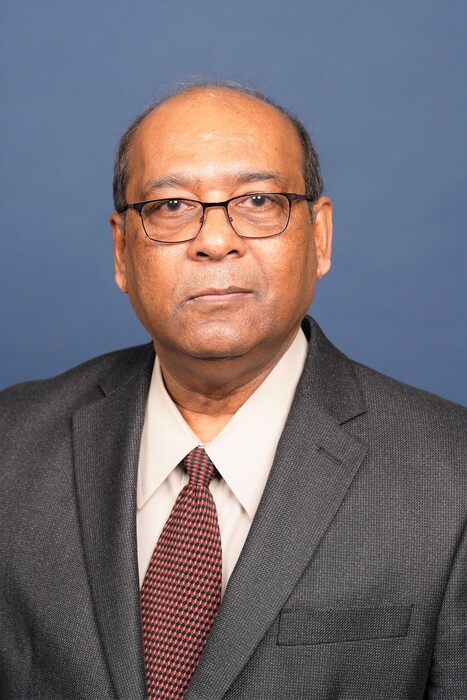
IHC and Molecular Pathology Tests in Tissue-based Cancer Diagnosis
Recorded On: 09/15/2021
-
Register
- Core Member - Free!
- Student Member - Free!
- Enhanced Member - Free!
Immunohistochemistry (IHC), is a powerful tool for diagnostic surgical pathology and has become a crucial technology which is widely used in clinical and research laboratories worldwide. It has been a reliable test for diagnosis of cancers because of defined tumor antigen expressions, up regulation, or down regulation, that can be detected in many cancers using frozen or formalin-fixed paraffin-embedded (EEPE) tissues. It has been established that IHC tests play an important role in diagnostic pathology of different tumor types, such as liquid tumors (hematopathology) and solid tumors including but not limited to central nervous system tumors, bone and soft tissue tumors, gastrointestinal tumors, gynecologic tumors, head and neck tumors and pulmonary tumors. In addition, tissue-based molecular testing of tumors offers an increasingly important focus on multiplex platform to simultaneously test cancer mutations for all cancer types including tumor genotyping to aid in targeted cancer therapy. This intermediate level workshop focuses on the relevance of IHC and molecular pathology tests in tissue-based cancer diagnosis including diagnosis of cancer subtypes, application of IHC in cancer research, use of IHC tests to predict therapeutic response in tumors such as, carcinoma of lung and breast, and advantages and disadvantages of IHC tests in clinical use.
**This is a free member educational resource and does not qualify for CEUs **

Aniruddha Ganguly, PhD, QIHC(ASCP)
National Cancer Institute/ NIH
Dr. Aniruddha Ganguly earned his Ph.D. in Cell Biology and trained in tumor biology. He has expertise in mechanisms of tumor development and metastasis, tumor microenvironment, biospecimen processing, cancer biomarkers, clinical assay development, cancer diagnostics, and molecular analysis technologies for cancer research. Before joining the National Cancer Institute (NCI) as a Program Director, Dr. Ganguly served as an Assistant Professor at Harvard Medical School/Harvard University for many years directing and conducting cancer research, and teaching MD/DMD students. He was supervisor of the IHC Clinical Services Laboratory of the department of Pathology at Massachusetts General Hospital, Boston. At the NCI, he has responsibilities for providing guidance to the planning, development, implementation, and evaluation of assigned biomedical research programs including, molecular diagnostic technologies, Extracellular RNA Consortium, brain tumor research and NCI's brain tumor clinical trial program. He has a strong emphasis in training, mentoring, and promoting young investigators involved in cancer research.
